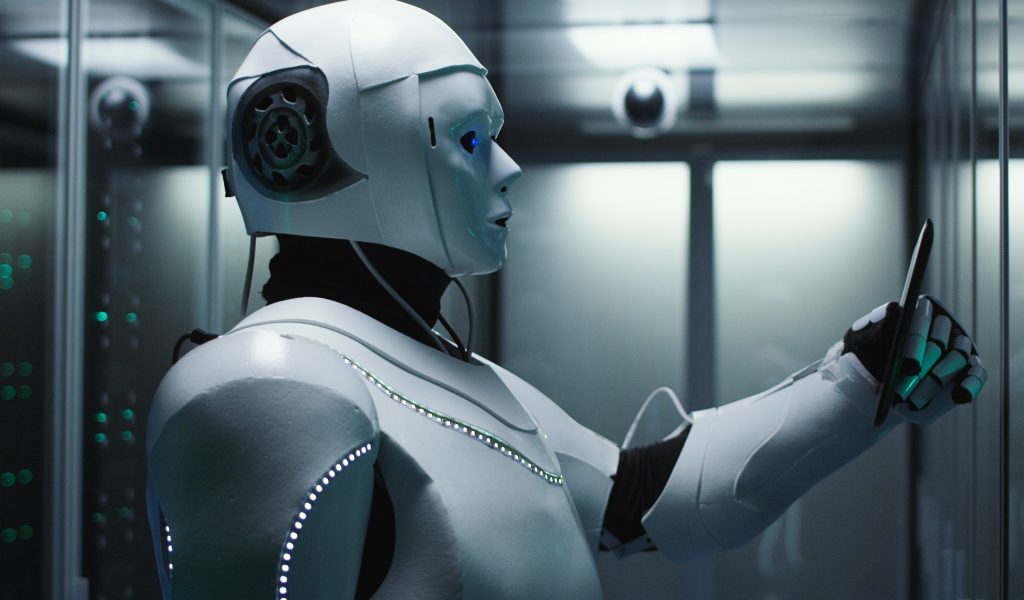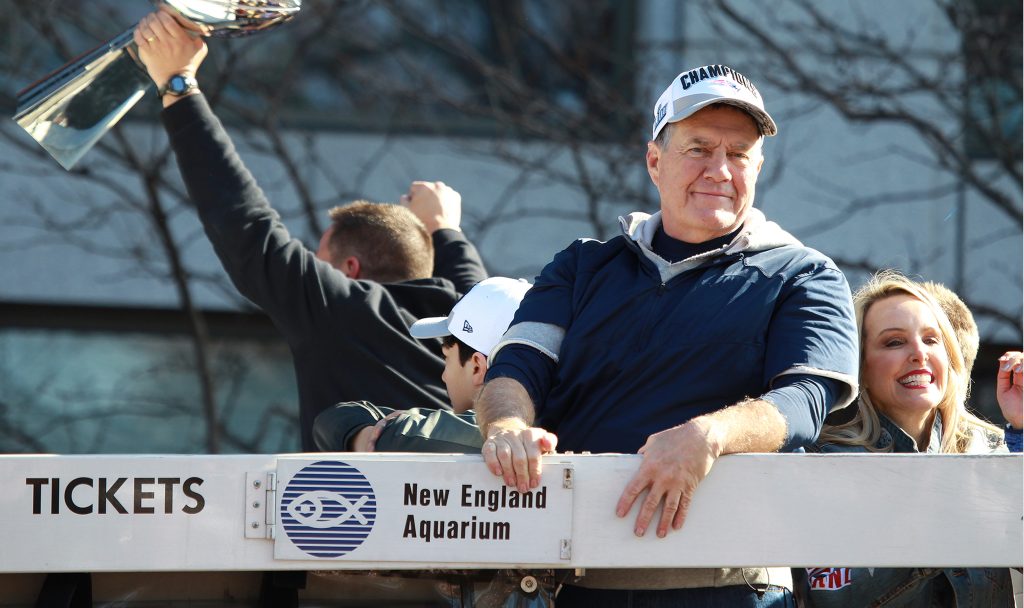It’s no revelation that banks didn’t create credit cards first, that Hollywood studios didn’t create either Blockbuster or the company that erased it (Netflix), nor did the giants of carmaking create the electric cars that, if market valuations are to be believed, will eventually replace gasoline cars.
Please keep this in mind as AI experts, including experts who were there at AI’s seeming modern inception, publicly wring their hands about its meaning. Smart as people as Max Tegmark surely are, odds are they won’t be the ones vivifying AI’s future.
It’s something to remember as Tegmark and others (including ChatGPT creator Sam Altman) cast aspersions on it. Tegmark is a researcher at MIT and co-founder of the Future of Life Institute. He’s also increasingly an AI skeptic. In a recent open letter from his Institute, Tegmark and 33,000 signatories asked if we should “develop non-human minds that might eventually outnumber, outsmart, obsolete and replace us?”
The answer to the above question is a resounding yes, at which point it’s worthwhile to digress and ask why Tegmark et al are such expressed cynics. One speculation is that having been a part of the creation of something truly remarkable, some are eager to add to its powerful mystery. If their technology can end the world, don’t we desperately need them now more than ever to save the world?
One other speculation is that while they recognize the genius of what they’ve achieved, they also recognize that having achieved something special, they’re on the verge of being replaced. See above. As the past makes abundantly clear, genius is eventually eclipsed by broader minds capable of transforming advances into profit-motivated, life-enhancing market goods. In other words, while Tegmark et al laid the groundwork for a different and better future, they likely don’t see the market applications of their work. Knowing they won’t be the future story, they’re trying to slow down the arrival of tomorrow?
Beyond that, the reasoning of Tegmark and his ilk ignores the basics of progress. The simple truth is that the latter isn’t born of learning all that there is to learn, but unlearning it. Let’s say it again, progress is defined by the amount of knowledge that we can forget.
Figure that 150-200 years ago, the most crucial genius of all was found on farms. In a world defined by routine starvation, those who could relieve it through mass production were the people of means. Fast forward to the present, and it’s a safe bet that most of the world’s richest, most fecund minds wouldn’t last much more than a week on the farm. Past genius led to the mass production of food that freed minds to focus on other pursuits.
Please keep this top of mind with Tegmark & friends’ puzzling lament that “non-human minds” might “eventually outnumber, outsmart, obsolete and replace us.” One can only hope! Implicit in Tegmark’s worry is that humans have reached the frontier of knowledge, when in reality we haven’t scratched the surface of our ability to learn and evolve.
Which is why what scares Tegmark is what should cheer the rest of us. What machines and automated minds can do for us doesn’t replace us as much as it frees us to pursue all manner of new advances. Lest we forget, the tractor and fertilizer are the biggest job killers in the history of mankind. If Tegmark is to be believed, the tractor and fertilizer are about to fall to #2 and #3. For that we should rejoice.
Republished from RealClear Markets










